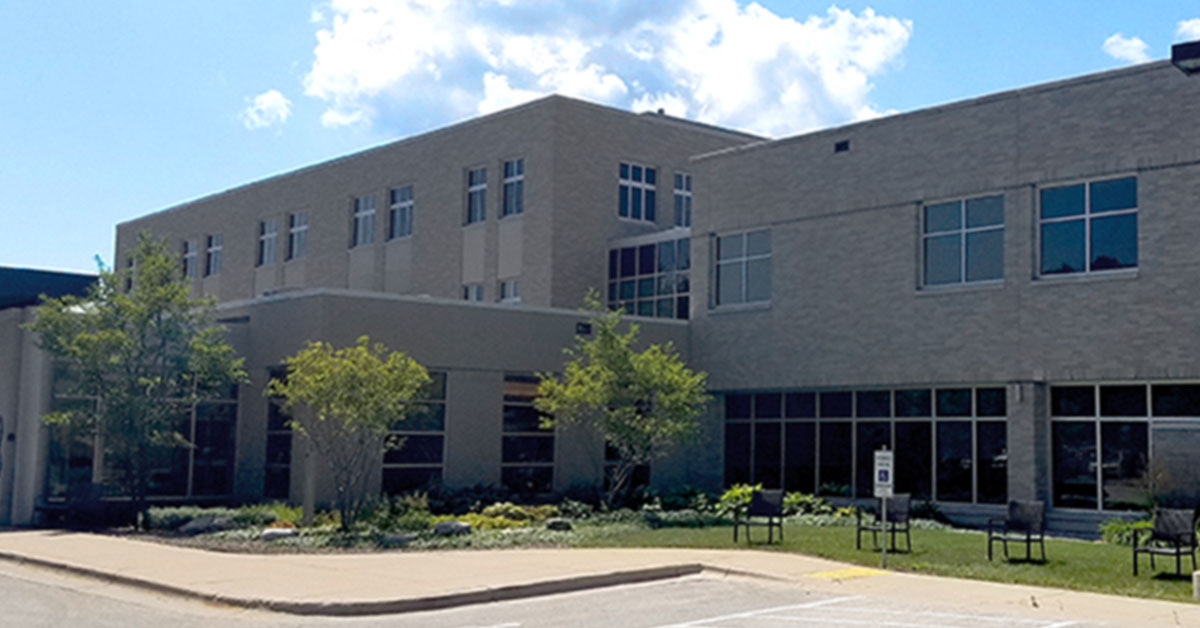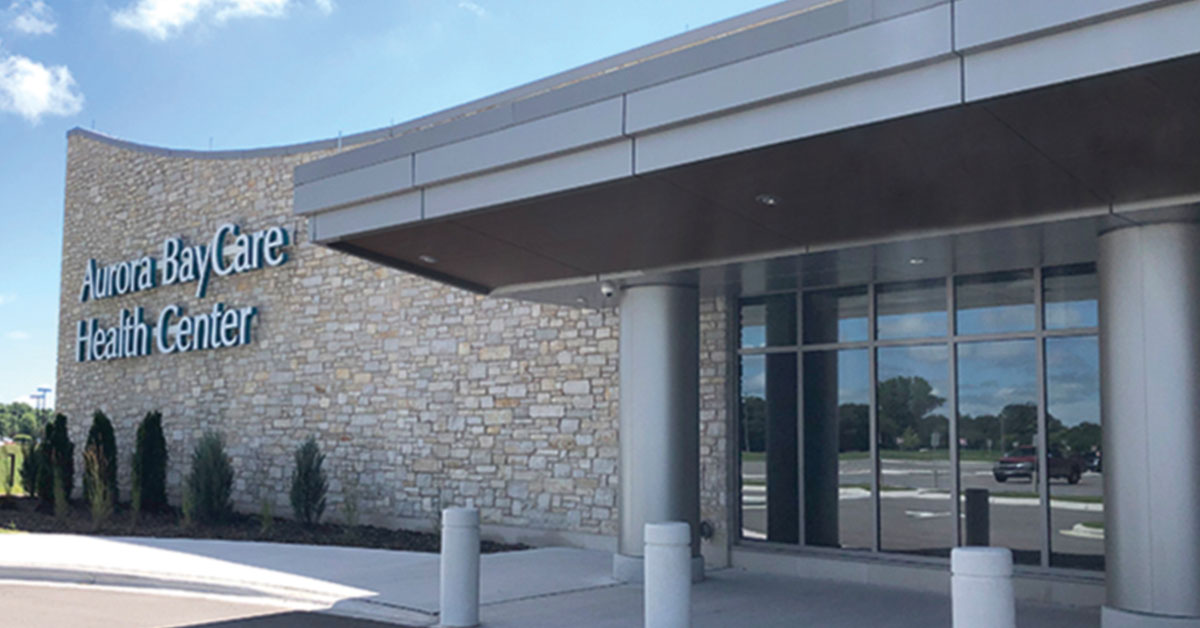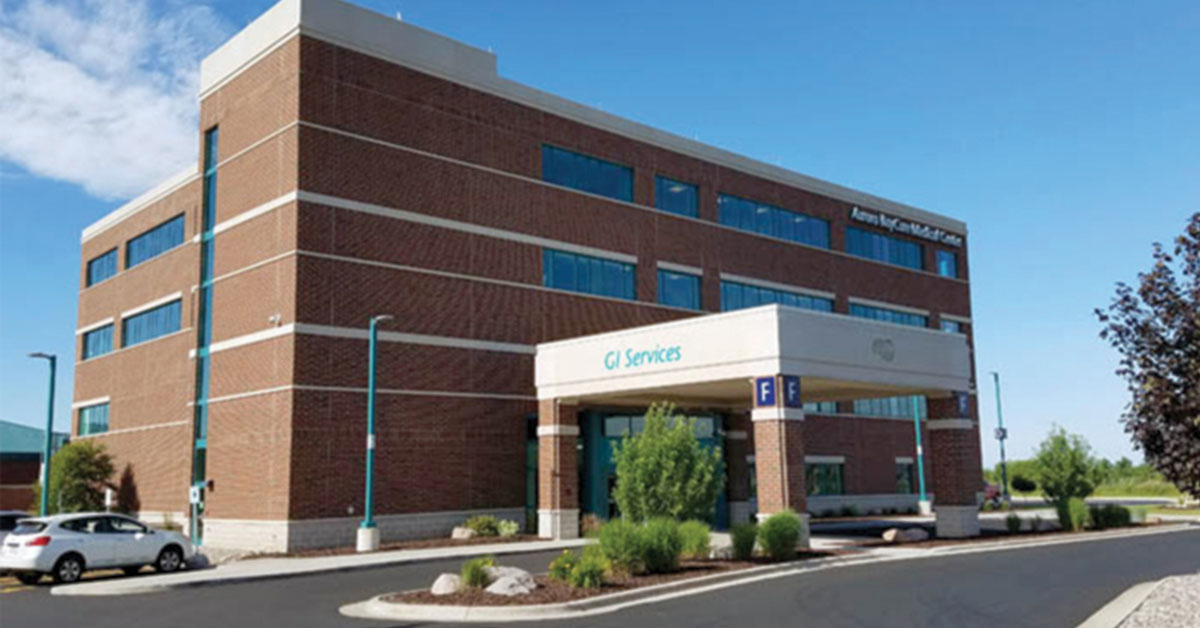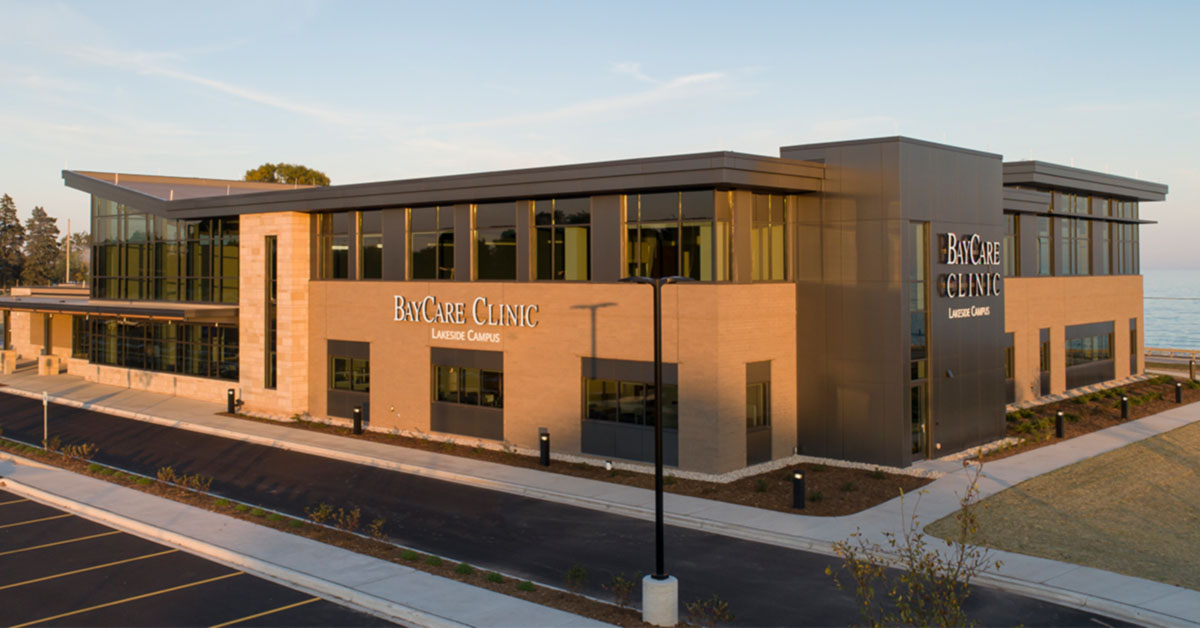Kidney Stones
Urology
Aurora BayCare Urological Surgeons offers procedures for eliminating kidney stones.
Who gets kidney stones?
Kidney stones are common. Men are more likely to get them than women. People with a family history of kidney stones, people who have had kidney stones before and people who don’t drink enough liquids also are more likely to get them.
What are kidney stones?
Kidney stones are solid material, usually resembling a pebble, that form in one or both kidneys. They vary in size and shape. Size can range from that of a grain of sand to a pea to a golf ball, though the latter is rare. They can be smooth or jagged. They usually are yellow or brown.
Kidney stones occur when high levels of certain minerals are present in urine. Though potentially painful, they rarely cause permanent damage when treated. Varieties of kidney stones include:
- Calcium oxalate and calcium phosphate stones are most common. They can be caused by a variety of metabolic abnormalities.
- Uric acid stones are caused when there’s too much uric acid in urine.
- Struvite stones may form after a urinary tract infection.
- Cystine stones are caused by cystinuria, or high levels of the amino acid cysteine in urine.
What are the symptoms of kidney stones?
When a kidney stone gets stuck in the urinary tract, symptoms may include:
- Blood in the urine.
- Blocked urine flow.
- Sharp pain in the back, side, lower abdomen or groin.
When an infection accompanies a kidney stone that is stuck in the urinary tract, symptoms may include:
- Urine that smells bad or looks cloudy.
- A burning feeling while urinating.
Sometimes there are no symptoms. This occurs when a small stone passes easily through the urinary tract.
How are kidney stones treated?
Treatment for kidney stones depends on the size, location and type of kidney stone.
Treatment for kidney stones by our specialists may include:
- Medication to facilitate the passage of a stone.
- The use of shock waves to break a stone into small pieces.
- The use of a cystoscope or ureteroscope to find stones and break them up or remove them.
- Percutaneous approaches for large stones.
Treatment for kidney stones at home may include:
- Drinking more water.
- Changing your diet to reduce sodium, animal protein, calcium and oxalate intake.
Learn more about kidney stones
National Institute of Diabetes and Digestive and Kidney Diseases: Kidney stones



